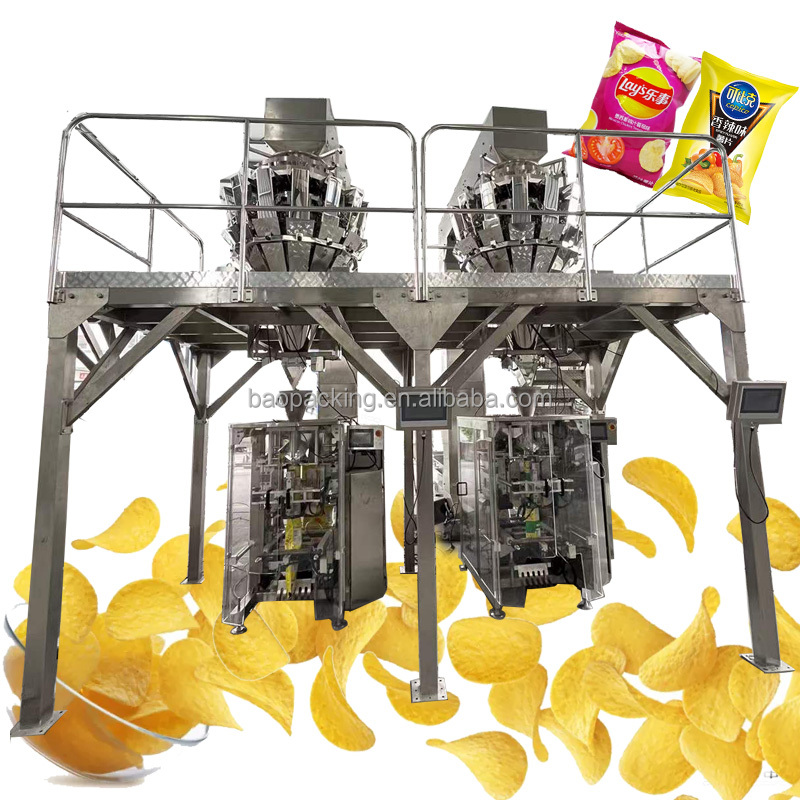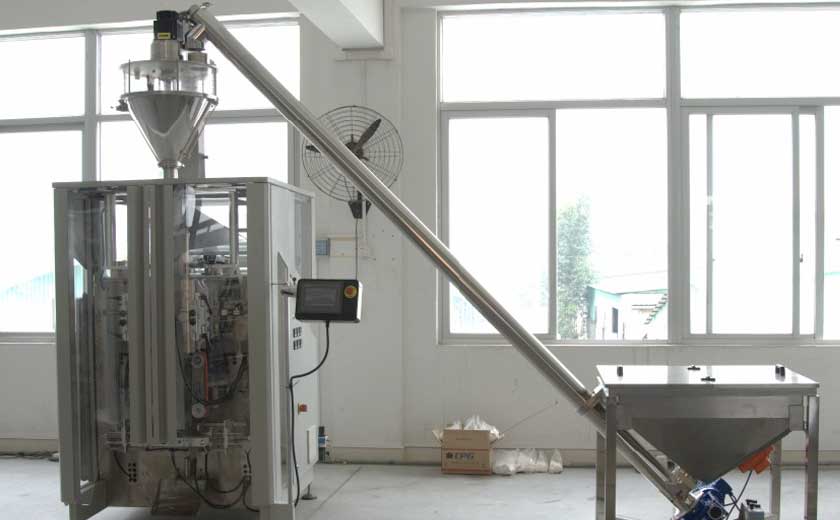How to Troubleshoot Common Issues with Tomato Paste Packaging Machines
Tomato paste packaging machines are essential for ensuring the quality and safety of tomato paste products. However, like any machinery, they can encounter challenges that affect their performance. To maintain optimal operation, it is crucial to troubleshoot these issues effectively. This article provides a comprehensive guide to identify and resolve common problems encountered with tomato paste packaging machines.
Mechanical Issues
Mechanical issues can manifest in various forms, including:
–
Blockages:
Product buildup or foreign objects can obstruct material flow, causing jams or interruptions in packaging.
–
Leaking:
Seals may deteriorate over time, resulting in leaks that compromise the integrity of the packaging and lead to product contamination.
–
Misalignment:
Incorrect alignment of components can cause irregular or improper filling, leading to packaging defects.
Electrical Problems
Electrical issues often present with the following symptoms:
–
Power outages:
Unexpected power failures can disrupt the packaging process, causing downtime and potential product loss.
–
Wiring faults:
Loose or damaged wiring can lead to electrical malfunctions, such as short circuits or power interruptions.
–
Sensor failures:
Sensors monitor the packaging process and detect errors. Faulty sensors can provide inaccurate readings, affecting the accuracy and efficiency of the machine.
Product-Related Challenges
The characteristics of tomato paste can also contribute to packaging issues:
–
Viscosity variations:
Changes in tomato paste viscosity due to temperature or composition can affect flow rate and packaging consistency.
–
Deformation:
Improper packaging or handling can lead to the deformation of tomato paste pouches or containers.
–
Overfilling/Underfilling:
Accurate filling is crucial to maintain product quality. Overfilling or underfilling can compromise the integrity of the package or lead to product waste.
Operator-Related Errors
Human error can also contribute to packaging problems:
–
Incorrect settings:
Failure to configure the machine with the correct settings can result in improper packaging or product damage.
–
Operator training:
Insufficient training can lead to mishandling of the machine, increasing the risk of accidents or packaging defects.
–
Poor maintenance:
Neglecting regular maintenance can worsen existing issues and lead to premature machine failure.
Troubleshooting Steps
Troubleshooting involves a systematic approach to identify and resolve packaging machine issues. The following steps can guide the process:
1.
Identify the issue:
Determine the specific nature of the problem, including its location and symptoms.
2.
Check operator settings:
Verify that the machine is configured correctly and that the operator is following proper procedures.
3.
Inspect the equipment:
Look for visible signs of damage, wear, or blockages. Check for loose connections or leaks.
4.
Test the components:
Manually operate or test individual components to isolate the source of the issue.
5.
Consult the manual:
Refer to the machine manual for troubleshooting guidance and diagnostic tests.
6.
Contact the manufacturer:
If the issue persists or requires specialized expertise, contact the equipment manufacturer for assistance.
-
Overview of Packaging Machine Buying Guides
08-01-2024 -
How Does a Vertical Form Fill Seal Machine Work?
30-10-2023 -
Advancements in Auger Powder Filling Technology
27-10-2023 -
A Deep Dive into Automatic Packaging Machines
26-10-2023 -
The Revolutionary Fully Automatic Potato Chips Packaging Machine
20-09-2023 -
How to choose the right packaging machine?
23-08-2023 -
Reducing Waste And Maximizing Yield With Multihead Weigher Machines
15-03-2023 -
Nuts Packaging Machine for Dry Products Perservation
26-11-2022 -
Is Automated Biscuit Packaging Machine Better Than Manual Opeartion?
25-11-2022













